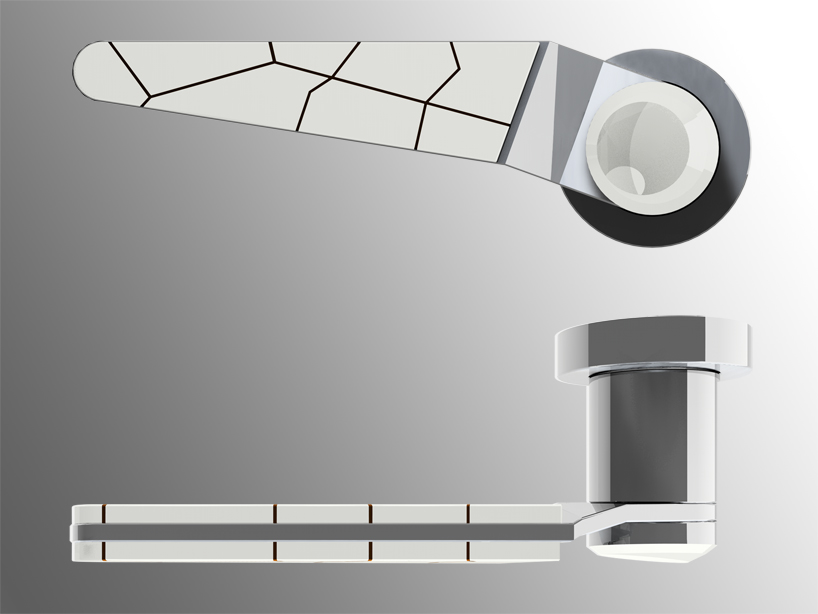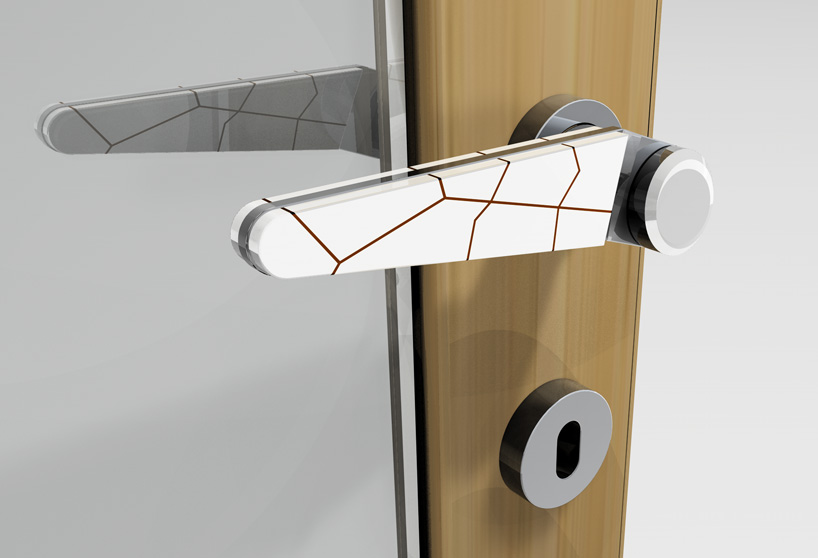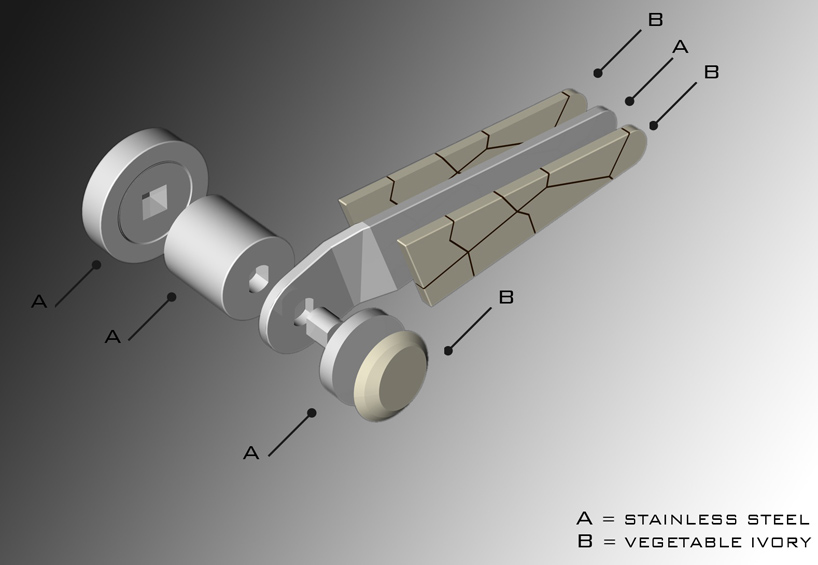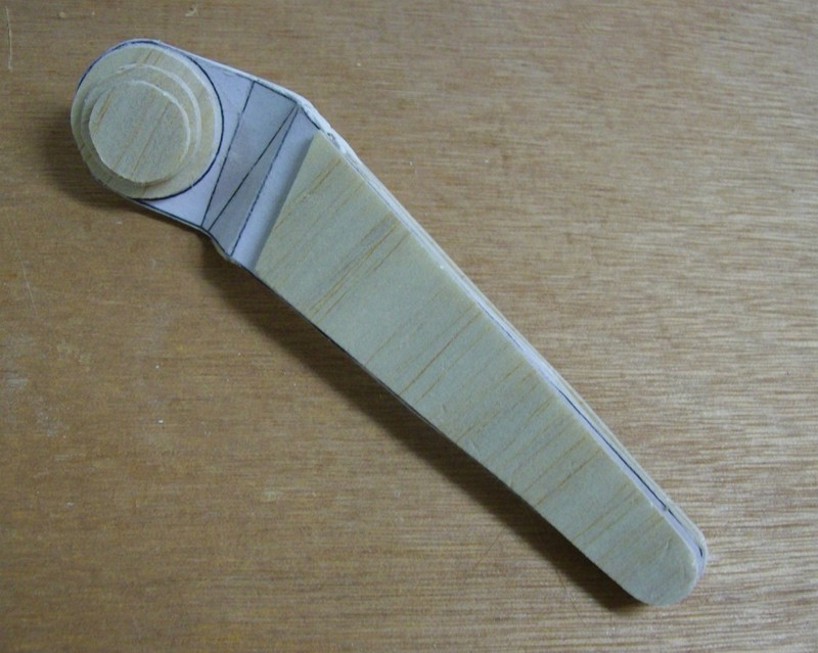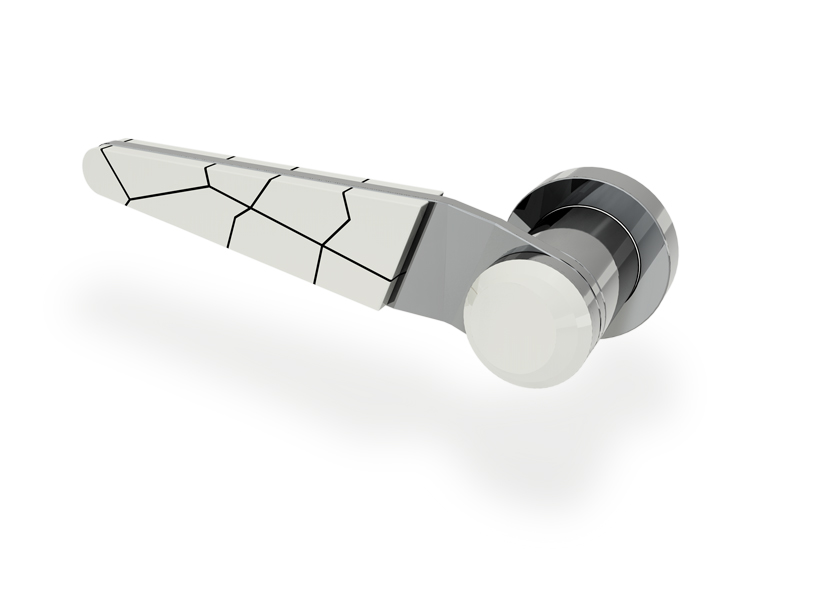
yarina handle by giovanni galanti from italy
designer's own words:
our project suggests a union of artifice and nature into contemporary architectures wich have the characteristics of the architecture of the future: modern, efficient, ergonomic, ecological. our indoor handle aspires to be a modern and smart furniture element, easy to manufacture and at low environmental impact. it wants to be a significant detail for interior spaces inspired by a new lifestyle which takes care of the cultural value of the objects to be used and respects the natural resources. our handle consists of a set of solutions: the lever is made of stainless steel, recyclable material eternally, and with vegetable ivory, underexploited renewable natural resource. the shape comes from a simple assembly of a steel plate slightly folded to facilitate the grip and covered with two layers of vegetable ivory to offer a warm and pleasant touch. the lever is connected to the door using a stainless steel cylinder, which contains standardized mechanical parts and ends with a protrusion of vegetable ivory useful to support the thumb. the handle can be manufactured without a mold, but with a 4 or 6 mm steel plate suited to be cut by laser, slightly folded to have a more ergonomic form and perforated to embrace the cylindrical pivot made by stainless steel too. each part of the ivory coating can be obtained from the strong seeds of the "phitelephas macrocarpa" palm (also called yarina, corozo or tagua). this palm grows throughout the amazonian basin since the nineteenth century and its seeds were used to make buttons, umbrella handles and gaming chips, until the advent of the plastic. the tagua is a renewable resource whose production process generates no pollutants and emissions and as organic material is completely biodegradable. the average size of the tagua seed is small, so the lever will be covered with fragments of vegetable ivory cut into different shapes to create a mosaic that mimics the texture of a tree leaf in a bigger than the reality scale. the fragments of vegetable ivory could be fastened on the metal parts in a manner that allows the disassembly of the different materials the end of service life of the handle.
